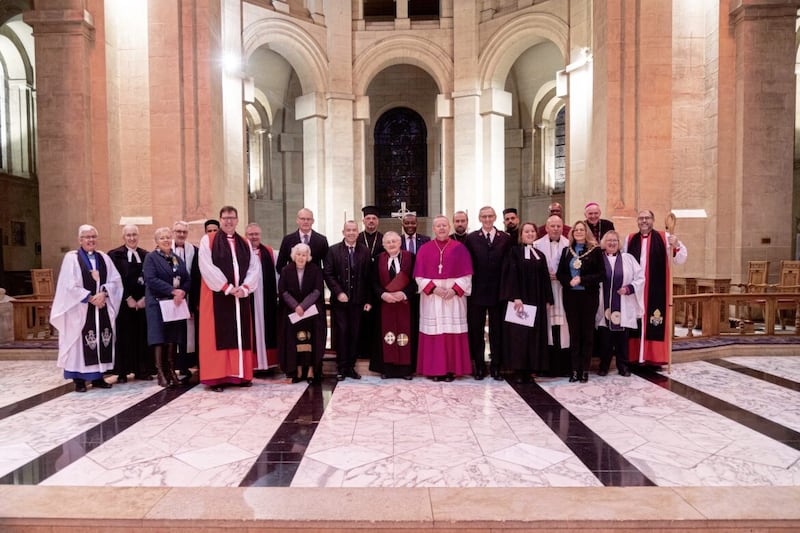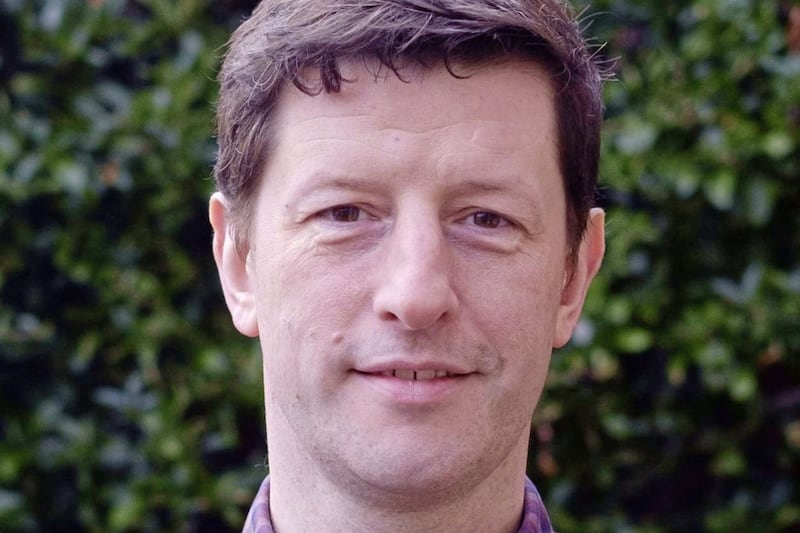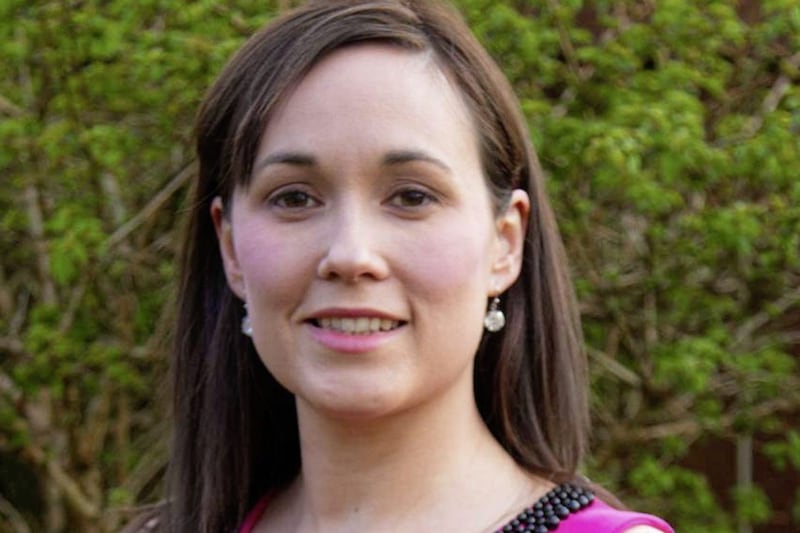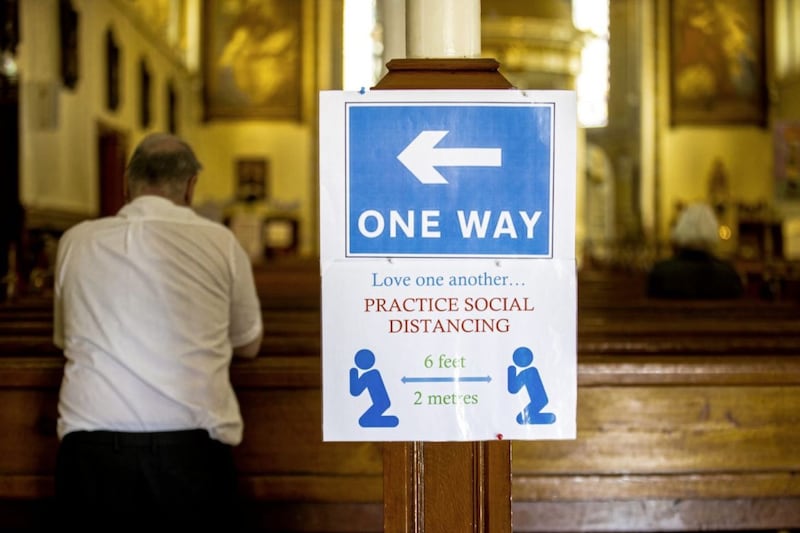ALMOST a year on from the initial introduction of lockdown measures, churches continue to face significant uncertainty as they seek to bring a healing presence to a wounded and fragmented society.
At the last meeting of the Irish Inter-Church Committee, members reflected on Something Other than a Building, the recent publication by Dr Gladys Ganiel of Queen's University Belfast.
Based on interviews with faith leaders, it captured significant aspects of the experience of living with Covid-19 as faith communities.
The findings of this report encourage and challenge us in equal measure. The report demonstrates the commitment of the local church to the holistic care of our communities, responding to people's spiritual and emotional needs, as well as providing other forms of support and care through social and charitable outreach.
Under very difficult circumstances, churches have found creative ways to give expression to Christ's commandment to love of neighbour.
It has been understood too that, in the context of a pandemic, living out this commandment is also about the sacrifices we choose to make for the common good.
We greatly miss coming together in community for public worship, but appreciate the importance of supporting the 'stay at home' message from government in both jurisdictions on the island, in light of the very clear evidence that this will make a real difference to the protection of the most vulnerable.
At the same time, we have been liaising with political leaders to ensure that the spiritual dimension of health and wellbeing is not overlooked as we plan for recovery.
A particularly poignant section of Dr Ganiel's report is the discussion of the area of bereavement where clergy have spoken of their pain at seeing people isolated in their grief, deprived of much of the contact that brings comfort at these times.
Covid-19 has traumatised our society and we will be dealing with the consequences of this for some time to come.
In the Irish Inter-Church Meeting we are conscious of our responsibility to support clergy in responding to this need.
We have been very grateful for the support of funeral directors who have been working in very difficult circumstances and we have deeply appreciated the sensitivity shown by those tasked with making policy in this area.
Together, we can help ensure that those who have been bereaved, and those working to support them, are not forgotten in the midst of a desire to return to 'normality'.

It was Jesus Christ who instructed His followers to heal the sick and inspired a Christian tradition of involvement in health care.
For clergy the health message of 'keeping our distance' has also brought challenges to managing pastoral care.
This is especially true where they are unable to be in close contact with people who are dealing with difficult issues such as sickness, loneliness, mental ill-health and financial pressures.
The frustration felt by some clergy has been detrimental to their own health and we have sought to remind those in pastoral leadership of the importance of self-care and self-compassion.
As a society it is important we do not take our carers for granted, whether they are formally employed in a caring profession, like our healthcare workers who are giving so much of themselves, or providing care in the home for family members.
One of the positives that Covid-19 has produced is that in many areas we have discovered a new sense of neighbourliness.
It has been so encouraging to see how the community has come together in care and helpfulness as people have reached across various divides to meet someone else's need.
Christians will be reminded of Christ's example of the Good Samaritan (Luke 10:25-37). The response to the question 'Who is my neighbour?' is, simply, the one who showed mercy.
Above and beyond race, ethnicity, religion or politics or any of the other categories that separate on the basis of identity, what binds us together is basic human compassion.
This speaks powerfully to a society that is fractured and fracturing in many ways at a time when we most need to pull together.
If we are to heal our common life we need to resist being captive to our own agendas and see each other through God's eyes, building relationships of compassion and support as we love our neighbour, the Jesus way.
Dr Ganiel's research has highlighted the fact that during the pandemic there has been greater visibility of inter-church cooperation, particularly at leadership level, and this has been a great encouragement to many.
We draw strength from solidarity and coming together and share our burdens. We are conscious too of our responsibility as civic leaders to support and encourage our political leaders in the difficult choices they face on our path to recovery as we seek to ensure that policy decisions are in line with principles of social justice, protecting social cohesion and the common good.
As people of faith we endeavour to bring a much-needed message of hope to a society struggling with a prolonged experience of uncertainty.
We do so without minimising the reality of the suffering endured by so many, or the very real challenges ahead.
We pray that those who are struggling will know Christ's love and protection, and see these reflected in the care and compassion of their neighbours.
Rev Dr Ivan Patterson is President of the Irish Council of Churches. He is a former Moderator of the Presbyterian Church.
The ICC was founded in 1923 in the aftermath of the civil war and is a national body through which its member Churches engage, dialogue and act on a wide variety of issues. It meets jointly with the Catholic Church as the Irish Inter-Church Meeting.







